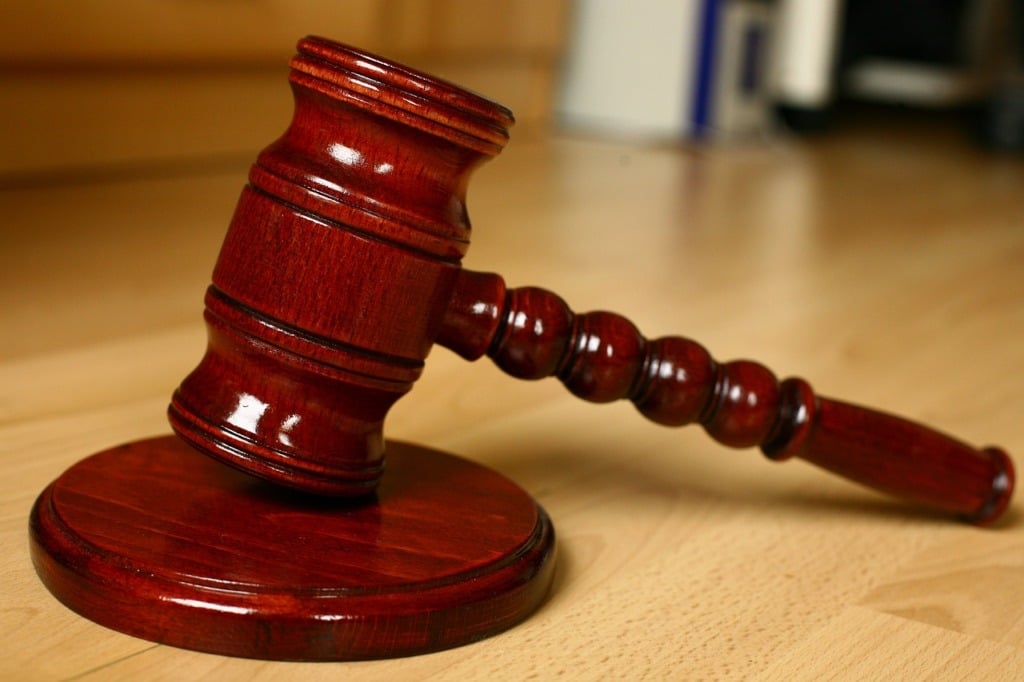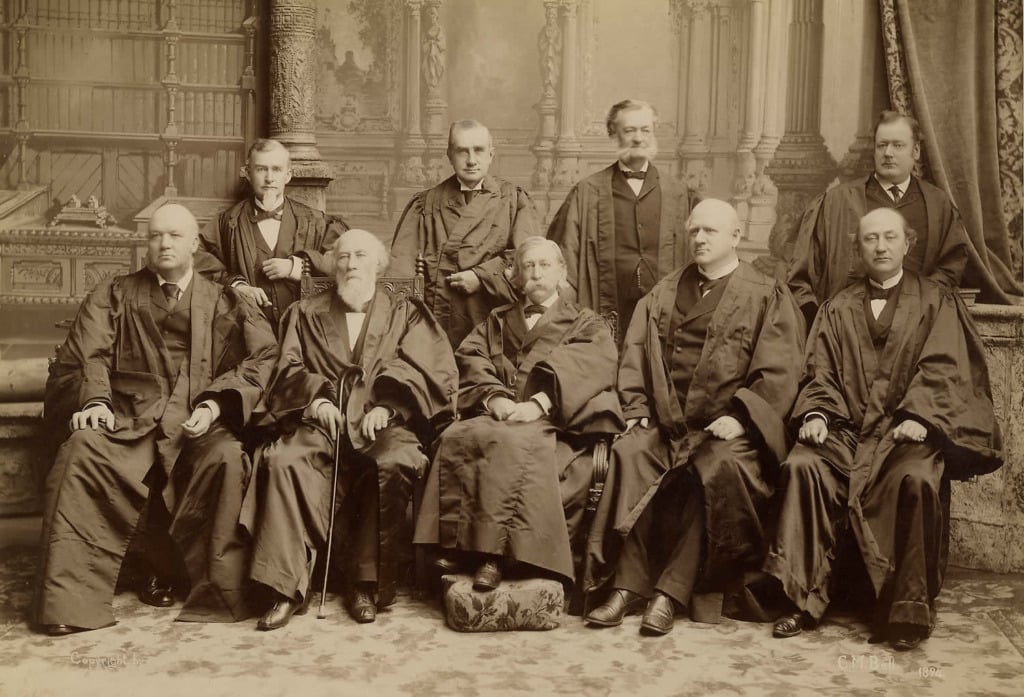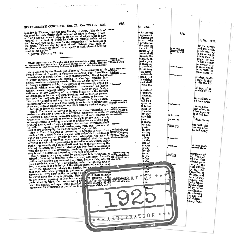Does the Securities Exchange Act Apply to Short-Swing Profits Abroad?
Section 16(b) of the Securities Exchange Act requires statutory “insiders” of companies that are registered with the Securities Exchange Commission (SEC)—such as officers, directors, and certain beneficial owners—to disgorge profits from “short-swing” trading within a six-month period. It is a strict liability provision that does not depend on the insiders’ intent. On May 23, 2025,…
Continue ReadingForeign Law on the Ground
The Yale Journal of International Law recently published my article, Foreign Law on the Ground. This post gives a flavor of the article with an excerpt from the introduction (cleaned up). I will follow up with a second post reviewing findings about foreign law in state courts. Traditionally, U.S. courts labeled foreign law as fact….
Continue ReadingSupreme Court Remands CC/Devas v. Antrix
To the surprise of no one, today the Supreme Court reversed and remanded CC/Devas v. Antrix. The Ninth Circuit had held that the Foreign Sovereign Immunities Act (FSIA) always requires minimum contacts between the defendant and the United States, an argument so weak that the respondents did not defend it before the Court. The Court…
Continue ReadingThrowback Thursday: Hilton v. Guyot
One hundred and thirty years ago this week, on June 3, 1895, the Supreme Court decided Hilton v. Guyot. Hilton is the seminal decision on recognizing and enforcing foreign judgments in U.S. courts. Although the federal common law rule that Hilton announced has been superseded by state law, Hilton continues to influence state rules in…
Continue ReadingZach Clopton Named Interim Dean of Northwestern
We are delighted to share that TLB Editor Zach Clopton has been named the interim dean of Northwestern University Pritzker School of Law. In light of his new responsibilities, Zach will be stepping away from his editorial duties at TLB. We have pasted below some of his “greatest hits” to highlight the breadth and depth…
Continue ReadingThe Jurisdictional Battle Over Which Court Will Adjudicate the Trump Tariff Challenges
Last week, two courts enjoined the Trump administration tariffs that Trump purported to promulgate by executive order pursuant to the International Emergency Economic Powers Act (IEEPA). In a May 28 ruling in V.O.S. Selections Inc. v. U.S., the Court of International Trade (CIT) issued a permanent injunction against the government defendants, and in a May…
Continue ReadingOne Century of Arbitration in the United States: Call for Papers
To celebrate the one hundredth anniversary of the Federal Arbitration Act, Transnational Dispute Management(TDM) is publishing a special issue, “One Century of Arbitration in the United States: The Federal Arbitration Act at Home and Abroad,” edited by Professor Björn Arp and Professor Kiran Nasir Gore. Proposals may be submitted to info@transnational-dispute-management.com and will be reviewed…
Continue ReadingRecent Scholarship on Sovereign Immunity from Executive Measures
Immunity protects the assets of foreign sovereigns from the jurisdiction of domestic courts. Customary international law requires such immunity, which is also conferred in the United States by the Foreign Sovereign Immunities Act (FSIA). An important question about sovereign immunity is whether it also protects the assets of foreign sovereigns from executive branch or administrative…
Continue ReadingThe Personal Jurisdiction Case With Everything
In one of my favorite moves, The Princess Bride, the grandfather describes the story as having everything: “Fencing! Fighting! Revenge! Giants! Chases! Escapes! True love! Miracles!” This scene popped into my head when I was reading a recent decision by the Court of Appeals of Texas (Fourteenth District). That opinion, Certain Underwriters at Lloyd’s London…
Continue Reading







